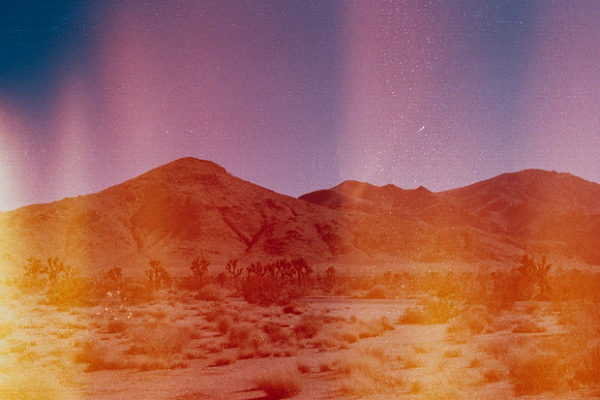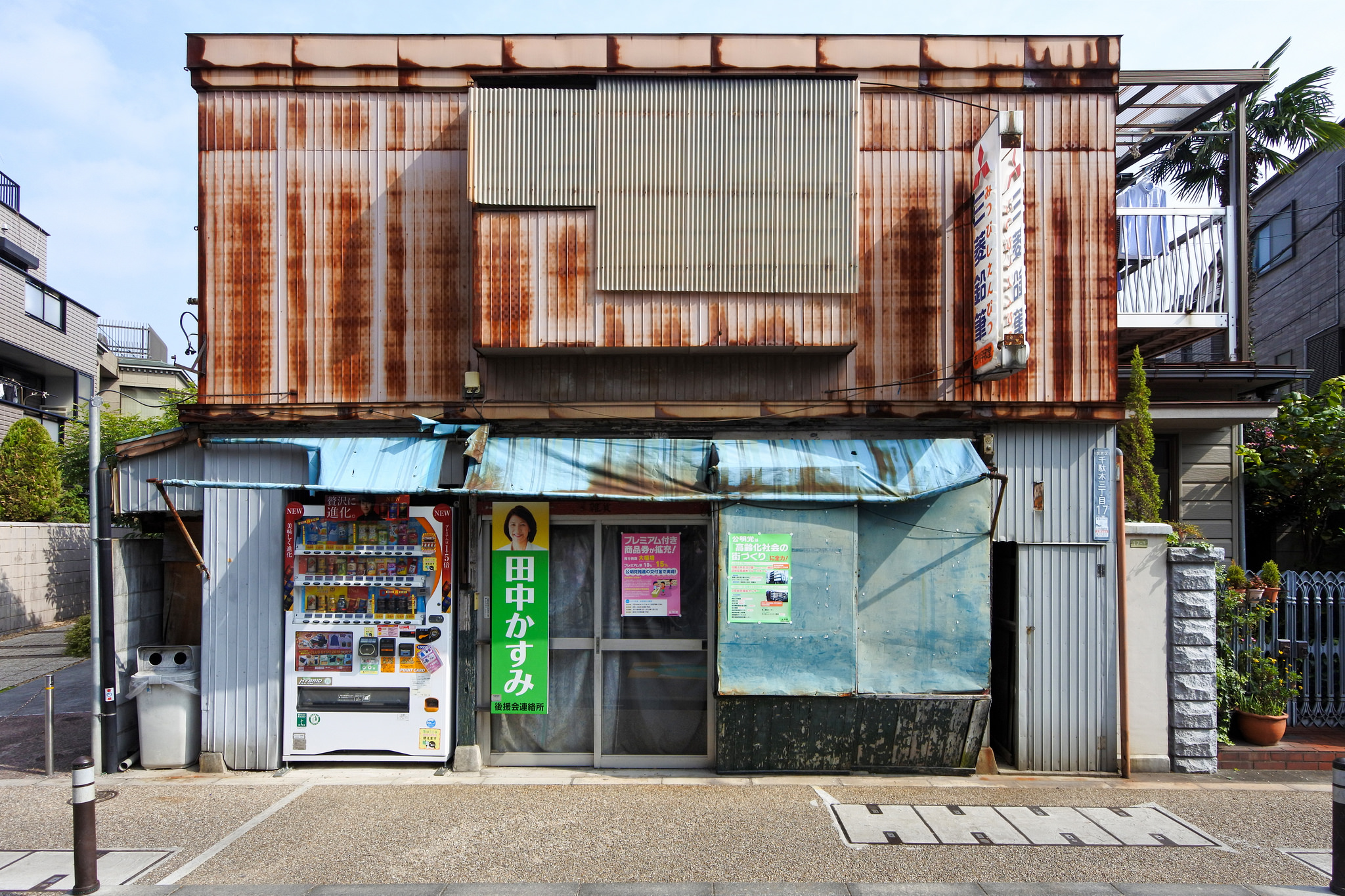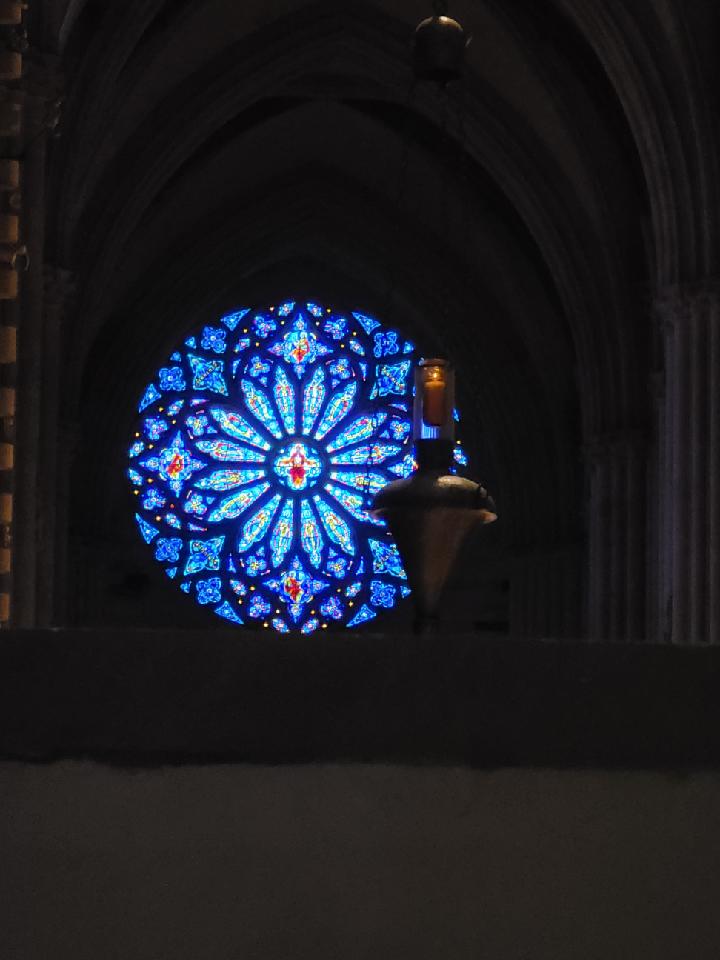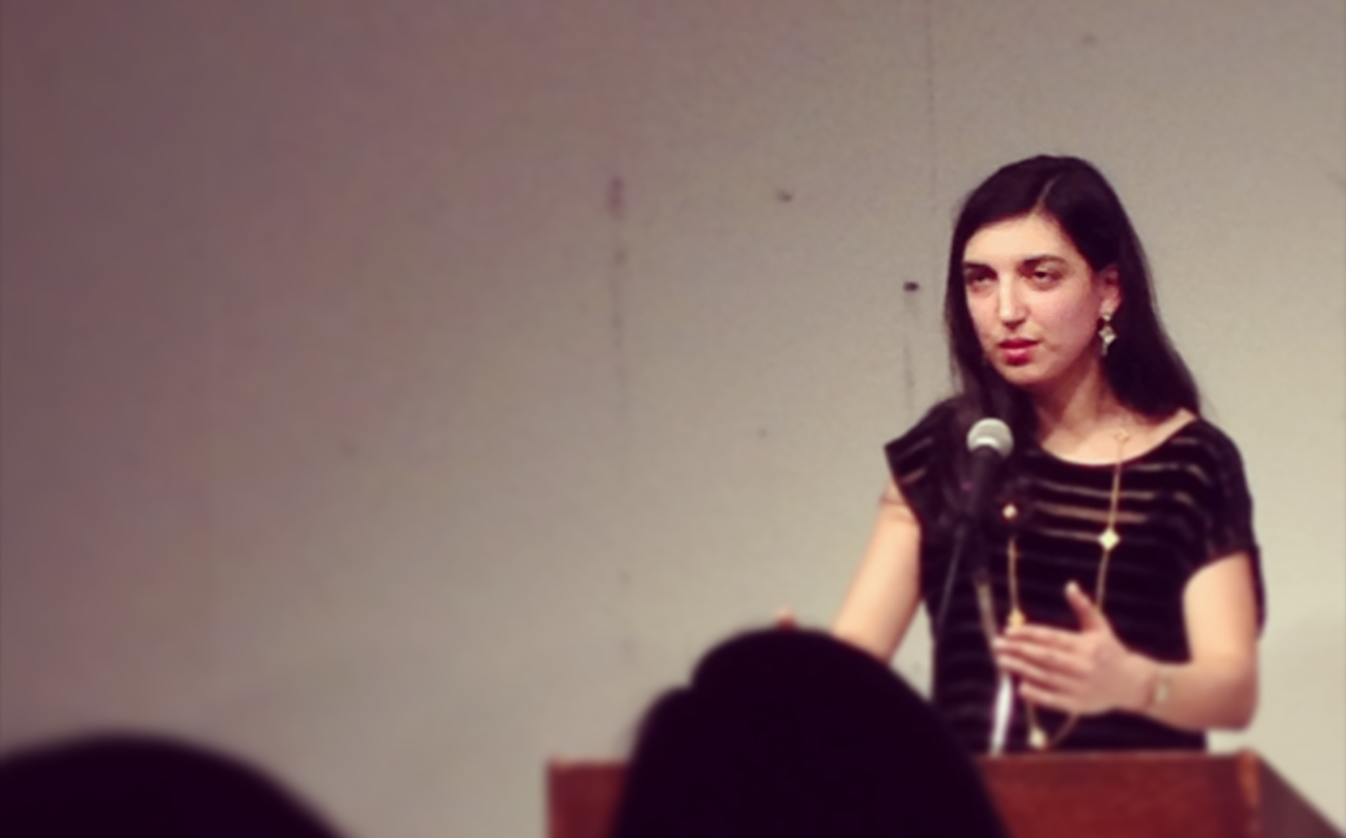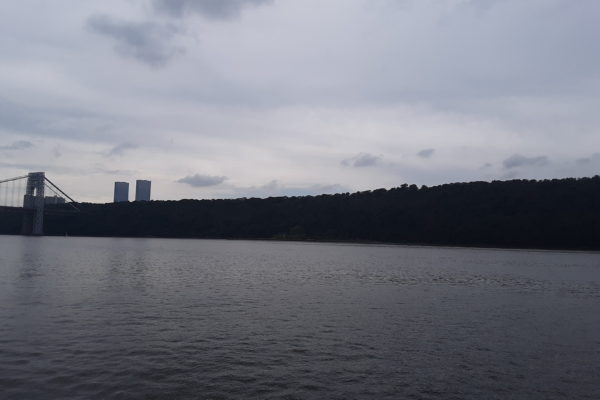Fiction by Devin Kelly
Hear Devin Kelly read his work at the CATCH & RELEASE LAUNCH PARTY on Tuesday 12/10/13 at 8pm, Columbia University’s School of the Arts, Dodge Hall 501.
—
In Peoria, Dante bought a camera, and things began to change. At a small store across from a gas station where the three of them stopped to refuel, Dante bought a Minolta XG-1 35mm film camera that was coated with soft particle dust. When he picked it up, he saw the way he could adjust the focus, sharpen an object directly in his line of sight and blur the things around. He liked it, the way he could come in and out of clarity and perspective. Dante stood focusing in and out with this camera appearing a small thing in his slender long black hands while the storeowner talked to him.
“You a photographer?”
“No,” Dante said, face hidden behind the lens.
“Hm, well that one right there is just the right kind for someone like you, most assuredly.”
“Mmh,” Dante said. His eye was still open, looking through the viewfinder, circling the store. There were things all around him, and a musty smell that seemed to settle and hang and make up a certain substance that felt dense to walk through. There were cameras atop a glass case, lenses stacked in rows. There were photo books on the walls. There were other trinkets around that seemed to merely act as tin can filler, little shapes of metals and porcelain and faded canvas that were better viewed as a cohesive whole than as singular objects.
“You ever use a film camera?”
“What’s that?”
“You ever use a film camera?” The storeowner coughed.
Dante put the camera down and looked at this man.
“Is that what this is? Film?”
“Yes sir it is.”
“And how much is it?”
“Thirty for the camera, bout another twenty or thirty for the lens. Give it to you for fifty total.”
“If I buy it will you show me how to use it?”
“Well, sure. You’re going to need some film, too.”
“How much?”
The storeowner scratched an itch behind his ear with his right hand. A puff of flaky skin rose up in the air and mingled with the dust and it became indiscernible then which was which, and Dante imagined briefly that all of the light fluff of dust around the store came from the flaked skin of this man’s ear.
“Hell, I’ll give you a couple rolls for free.”
“Why’s that?”
“Why you got to question that? Just feeling generous that’s all. Do I need a reason?”
Dante smiled.
“Guess not,” he said.
After the exchange was made, the two of them leaned towards each other over the glass table in the rear of that dusty store, one tall and lean and black and young, the other older and grayer and wearing worn blue jeans hugged up above his wide waist to his belly button. He took the camera and turned it in his chubby fingers and opened the back door and showed Dante, who was leaning all the way in, how to load a roll of film, how to snap the door shut, how to open it back up again and unload the film. He cautioned him against light exposure. He gave him a brief lesson on aperture, focus settings. He told Dante that it’s about light and shadow. He said to Dante, you have to make sure you’ve got enough of each. He said the world’s not all light and surely not all shadow. He said even when it’s dark or raining or pitch black at night the sun’s somewhere, either behind the clouds or on the other side of the world, but the point is that the light is somewhere. He let out a hacking cough and spat a discolored wad of mucus into a trash can by his feet. And he said even when you’re in that flat part of this country where shadow makes no move or appearance, he said even then, if you hold your hand to the sun, you make a shadow against your eyes. He said you can’t escape it. And Dante nodded and clutched the camera tight. When he walked out the door to rejoin Addison and Beau, the store owner turned to him.
“When you come back this way, stop by with a roll or two. I’ll develop them for you.”
“How much?” Dante asked with a smile.
“Free of charge,” he paused to cough up another hunk of phlegm, “Long as I’m still feeling generous.”
One would have thought that Beau would be the one with the camera, the film camera, the iconic item of the last century’s journey west. The quest for Americana. A documentary of existence, of expansion, of what it means to be a man, but not just a man, an American man, the one who strives to find the buffaloes on the plains and shoot their image just as they had been shot years and years ago by the barreled rifle out of the windows of trains for pure sport. Because people could.
“Do you think we’ll see any buffalo out there?” Beau had once asked before they reached Peoria, pointed down road towards the unseen west.
“Bison,” Dante had answered, “not buffalo.”
“What?”
“Bison,” Dante had reiterated, “bison is the proper term, man. Buffalo refers to African water buffalo. You can say American buffalo. You can’t just say buffalo. Otherwise just say bison.”
“Aw fuck. Don’t get all academic on me.”
And then Addison: “To see things as they are, to call things by their real name.”
But it had been faint, like a whisper, and Beau and Dante had not heard.
But Beau was not the one with the camera, though he often idealized the trip in the vein of historical and cultural America. Him and Dante as Tom and Huck, Lewis and Clark, these trips always made in pairs. Was Addison their Sacagawea, their Pochonatas? He always mixed those two up. He imagined the trunk of their Volvo filled with dynamite to blast through the Rockies when those craggy peaks arrived into the frame of his forward vision like towering limestone and granite cityscapes from a fantasy world of bearded cave-dwelling men who sought refuge from the ever growing impulses of the modern age. He remembered growing up amongst the pines and shady groves of the Virginian wilderness, so often forgotten. He remembered trekking through the trees and giving himself quests, different names, surrounding himself with imagined characters who sought redemption and truth through the violence of battle. He picked arrowheads, grimy and caked with mud, off of slimy creek beds, and saw in them different stories, stories of hunters lost in the woods with nothing to survive on but berries and their own developed knowledge of the bow and its flying spear, stories of traitors taken to the humid density of land where their cry could not be heard echoing as they kneeled in front of a native firing squad, arrows piercing their tanned bodies like knives through leather. He craved the violence of the expanding world. He craved the explosions echoing through the tunnels under the mountains, the bloodied faces of men who sought the relief of their troubles through an honest hunt, a good fight. Sometimes as a child he dropped to his knees, half clothed in front of the muddied runoff of rainwater down the hills, and he coated his young body, his inwardly bowled chest, in mud and dirt until it was brown and dense and dry with earthen texture. He would run around through the trees with his hand to his mouth, making shrill calls into the unknown wild, wanting someone to pick him up and raise him. He speared frogs with handmade arrows. He ate crickets. He became, for hours at a time, a wild child, raised by instinct and the imagined wolves around him who howled with paternal care, who coddled him in the soft grays of their downy fur. He could feel it, the fur against his skin, their hot breath and liquid tongues cleaning his muddied skin. And then he came home, all dirtied and brown, the dead black skin of cricket legs caught in his gapped teeth, to the beating of his father, who asked him when he would grow up and face the stark truth: this world has no time for the foolings of your youth. Bowen, he would say, between the sharp claps of battered leather against his pale behind, in this world, son, you best grow up fast. Otherwise you’ll be carrying a hammer and you ain’t going to have no nails. And everyone else, son, he would go on, you can bet they’ll be carrying a nail gun, and they’ll shoot your child skin to a tree while they go on and build up the world around you. And they’ll shoot your eyelids open you best believe, so you can watch the consequences of your own failures.
But Beau carried no camera. He had never thought of it. He had his vision of the west, untamed like in the yesteryears of history, and he had Addison, who in many respects complemented that vision, gave it a pale, taut face of feigned innocence. They said things to each other, traded one-liners while Dante snapped photos of the passing blurs of billboards and the flowing grass caught in the wind and the vast stretches of land that extended as a gift for his eyes as if the good lord was saying this, all of this is all yours for the first time, the moment you lay your eyes upon it.
“How are we fixing to cross the Mississippi?” Addison would ask.
“We’re fixing to ford it!” Beau would answer.
“And the Rockies?”
“We’re fixing to blow right through them!”
“And the great plains of the midwest, filled with bandits and bison and open flames?”
“We’re fixing to circle our wagons and protect the children!”
“And where are we fixing to find food?”
“We’re fixing to scavenge for berries and rattlesnakes and anything with a little meat on its poor bones!”
And they both laughed long and loud and their laughter presided over and drowned out the clicking of Dante’s small camera as he leaned his long body out the window over the rushing road that seemed to move all on its own. And they spent late nights talking in motel rooms and when Dante fell asleep, barechested and limp like the branches of a fallen willow, they kissed softly and touched each other over their clothes until their clothes came off and Addison rode Beau quietly and more gently than she had ever rode someone before as they covered their two bodies with a blanket and looked like one body, humpbacked and solitary, until they fell asleep and woke up in the early light of a midwestern morning with Beau’s necklaces draped around Addison’s small frame, guided towards her own bellybutton by the valley formed between her two pale breasts.
—
—
Featured Image photograph by E.B. Bartels, www.ebbartels.com.
